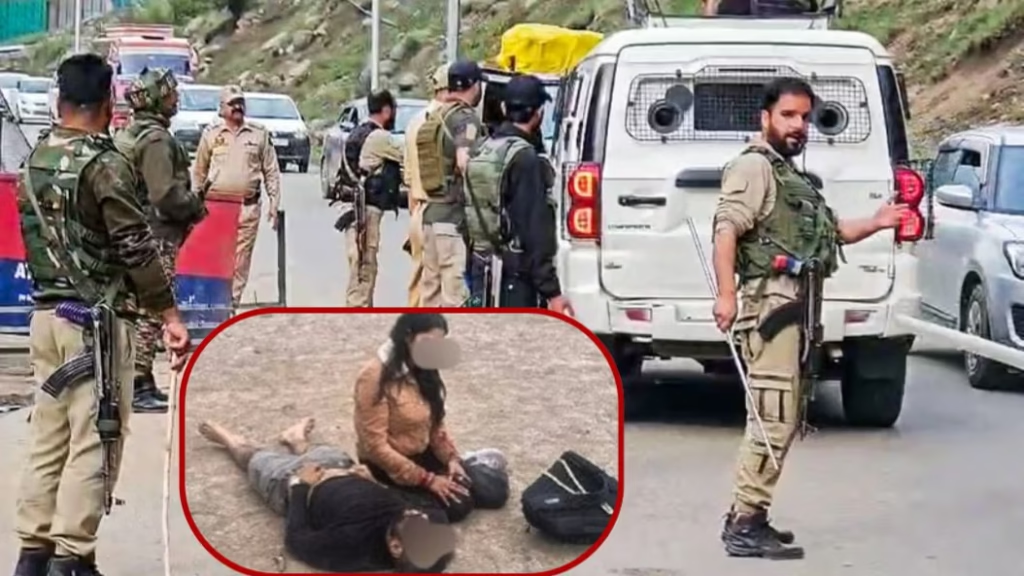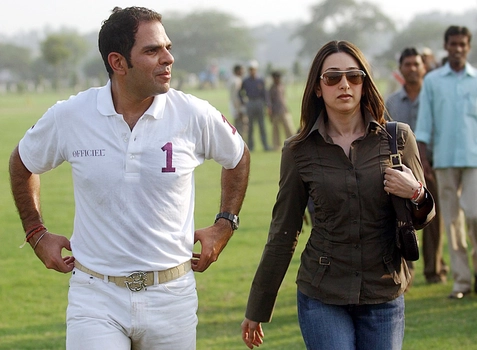
The Pahalgam Attack : A Tragic Overview
On the afternoon of April 22, 2025, militants launched a brutal attack on tourists in the Baisaran Valley near Pahalgam, a popular destination in Jammu and Kashmir. Eyewitnesses reported that the assailants, dressed in military-style uniforms, emerged from nearby forests and opened fire on the crowd. The attackers reportedly targeted non-Muslim tourists, asking victims to recite religious texts and checking for circumcision to identify and spare Muslims. The assault resulted in the deaths of at least 26 individuals, including 25 Indian nationals and one Nepali, and left 17 others injured.
Immediate Aftermath and Security Response
In response to the attack, Indian security forces launched a large-scale manhunt across the region, deploying tens of thousands of troops and setting up checkpoints. Prime Minister Narendra Modi cut short a trip to Saudi Arabia and returned to convene emergency meetings. Home Minister Amit Shah visited Srinagar, vowing strict action against the perpetrators.
Bangladesh’s Condemnation and Solidarity
Bangladesh’s interim government chief adviser, Muhammad Yunus, expressed deep condolences for the victims and reaffirmed Bangladesh’s stance against terrorism. In a statement, he emphasized Bangladesh’s commitment to combating terrorism in all its forms and manifestations.
International Reactions
The international community widely condemned the attack. Leaders from countries including the United States, Russia, Italy, Iran, Israel, and Nepal expressed their condolences and solidarity with India. The United Nations reiterated that attacks on civilians are unacceptable.
Implications for Regional Stability
The attack has raised concerns over escalating violence in the region and its effect on Kashmir’s tourism industry and civil liberties. It also poses a significant challenge to India’s efforts to bring peace and development to the region since revoking Kashmir’s limited autonomy in 2019.

















Leave a comment